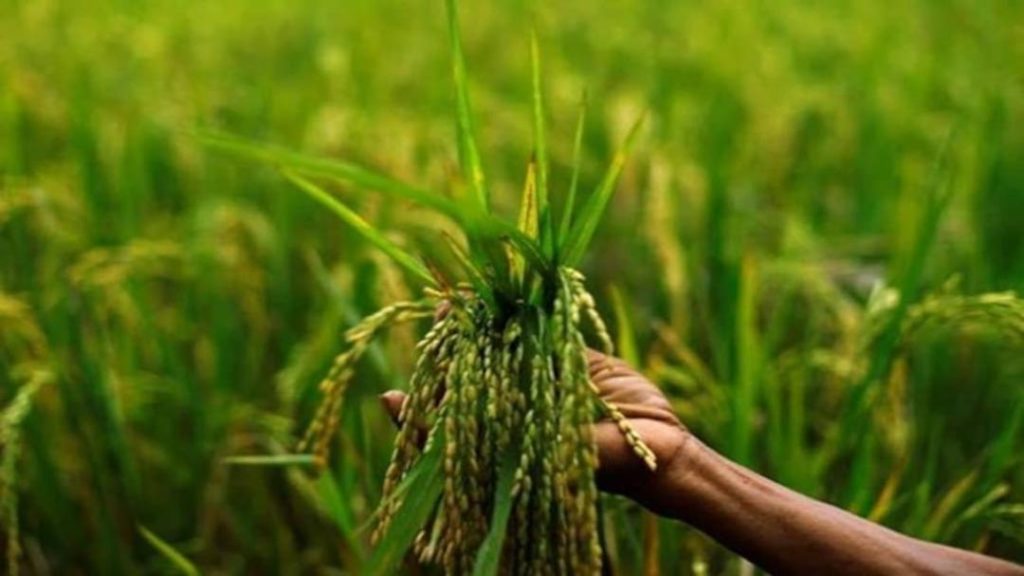
India Cutting Chenab’s Supply Will Increase Water Shortage & Impact Crops, Accepts Pakistan
In a recent development, Pakistan’s Indus River System Authority (IRSA) has accepted that India’s decision to cut the flow of the Chenab river would lead to increased water shortages across the country. The IRSA claimed that this move would also impact kharif crops, which are already estimated to face a significant shortage for the remaining early kharif season.
Kharif crops are a crucial part of Pakistan’s agricultural sector, and any shortage can have severe consequences for the country’s food security. The IRSA’s statement comes as a warning to the Pakistan government, which is already struggling to manage the availability of water for its crops.
The situation arises from India’s decision to suspend the Indus Waters Treaty, which was signed in 1960 to regulate the sharing of waters from the Indus Basin between the two countries. The treaty allowed India to use the waters of the three eastern rivers – Sutlej, Beas, and Ravi – for non-irrigation purposes, while Pakistan was allowed to use the waters of the three western rivers – Indus, Jhelum, and Chenab – for irrigation purposes.
However, India’s decision to cut the flow of the Chenab river has raised concerns about the impact on Pakistan’s water supply. The Chenab river is a vital source of water for Pakistan’s agriculture, and any reduction in its flow would have significant consequences for the country’s crops.
According to IRSA, the water shortage in the early kharif season is estimated to be around 21%, while the shortage in the late kharif season is estimated to be around 7%. This means that Pakistan’s crops, which are already facing a significant shortage, would face an even greater challenge in the coming months.
Pakistan’s agricultural sector is already struggling to recover from the challenges posed by climate change, droughts, and floods. The country’s farmers are facing a tough time due to the lack of adequate water supply, which has resulted in a significant decline in crop yields.
The IRSA’s statement has sparked concerns about the impact of India’s decision on Pakistan’s food security. The country’s agricultural sector is a significant contributor to its economy, and any decline in crop yields would have severe consequences for the country’s economy.
Pakistan’s government has been trying to negotiate with India to resolve the issue, but so far, there has been no breakthrough. The country is hoping that India would reconsider its decision and restore the flow of the Chenab river to its normal levels.
In the meantime, Pakistan is trying to find alternative solutions to manage its water supply. The government has announced plans to construct new dams and canals to increase its water storage capacity. However, these projects are still in the planning stages, and it would take several years before they become operational.
Pakistan’s water crisis is a complex issue, and it requires a long-term solution. The country needs to invest in water conservation and management practices to ensure that its water supply is sustainable in the long run.
In conclusion, India’s decision to cut the flow of the Chenab river has significant implications for Pakistan’s water supply and agriculture. The IRSA’s statement is a warning to the Pakistan government to take immediate action to address the issue. The country needs to find alternative solutions to manage its water supply and ensure that its crops are not impacted by the shortage.






